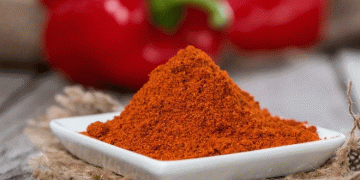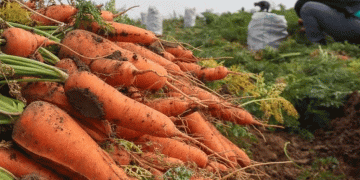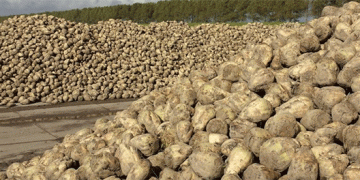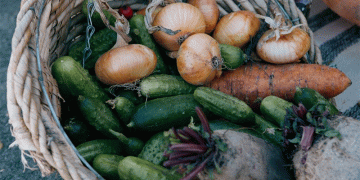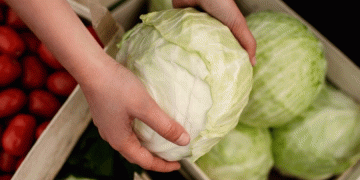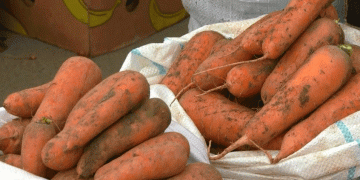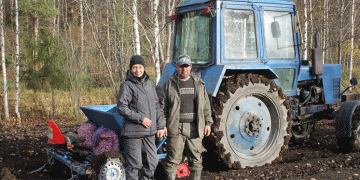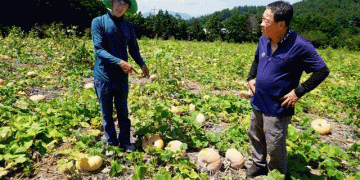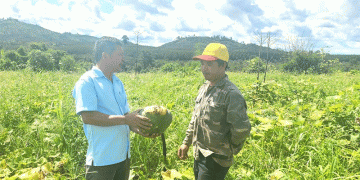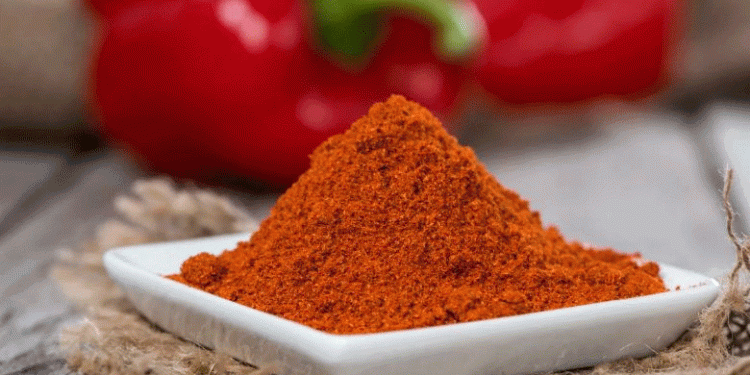In a striking enforcement of EU food safety regulations, Bulgarian border authorities destroyed a shipment of Turkish paprika after detecting excessive residues of the insecticide Formetanate. According to reports from Hortoinfo, backed by sources within the European Commission, the contaminated peppers were intercepted at the Turkish-Bulgarian border on their way to the German market.
Key Findings from the Incident:
- Formetanate levels in the paprika were found at 0.431 ± 0.216 mg/kg, far exceeding the EU’s maximum residue limit (MRL) of 0.1 mg/kg.
- The case was flagged as “serious” by the EU’s Rapid Alert System for Food and Feed (RASFF), triggering immediate action.
- This is not an isolated incident—Turkish agricultural exports have faced increasing EU rejections due to pesticide violations. In 2022 alone, RASFF reported 248 pesticide-related notifications for Turkish food products, with fruits and vegetables being the most affected.
Why This Matters for Agriculture Professionals:
- Stricter EU Regulations: The EU’s Farm to Fork Strategy aims to reduce pesticide use by 50% by 2030, meaning even tighter MRL enforcement in coming years.
- Export Risks: Non-compliance can lead to financial losses, reputational damage, and trade barriers.
- Alternative Pest Control: Farmers and agronomists must explore integrated pest management (IPM), biopesticides, and precision agriculture to meet safety standards.
A Call for Proactive Measures
This incident underscores the urgent need for better pesticide management in export-oriented agriculture. Farmers, agronomists, and policymakers must collaborate to adopt safer practices, improve residue testing, and ensure compliance with international standards. Failure to do so risks lost market access and consumer trust in an increasingly regulated global food trade.
